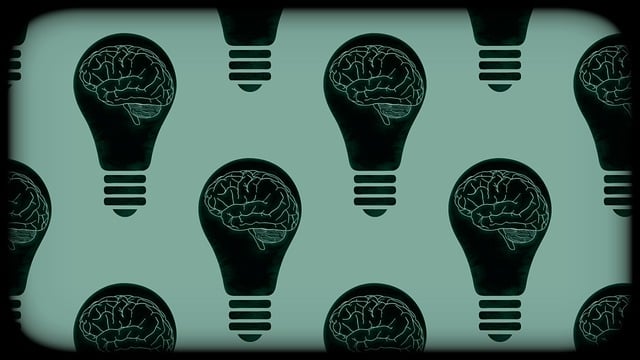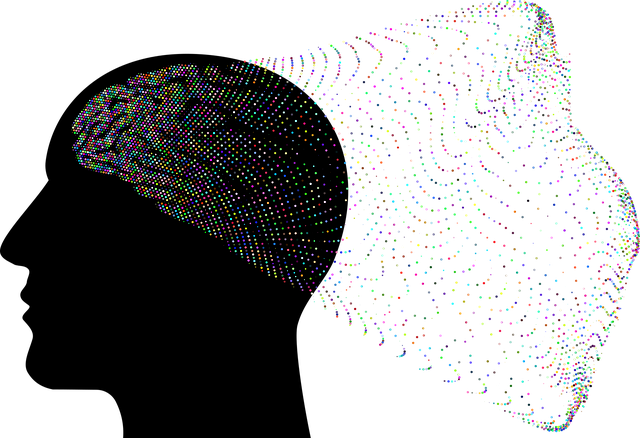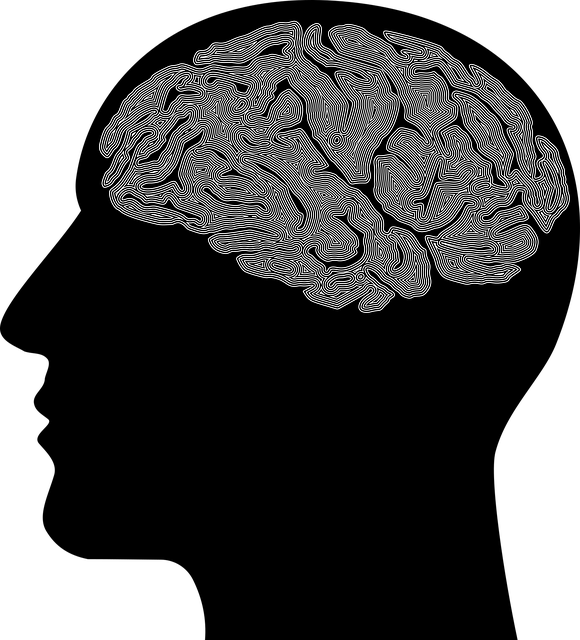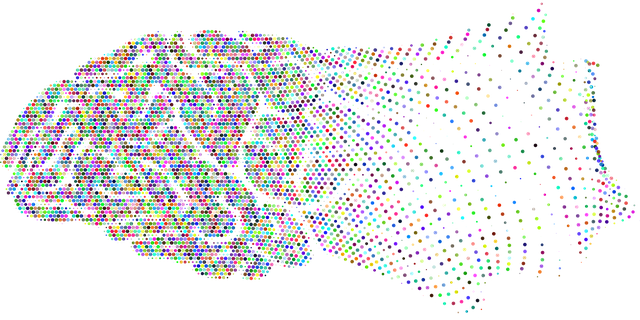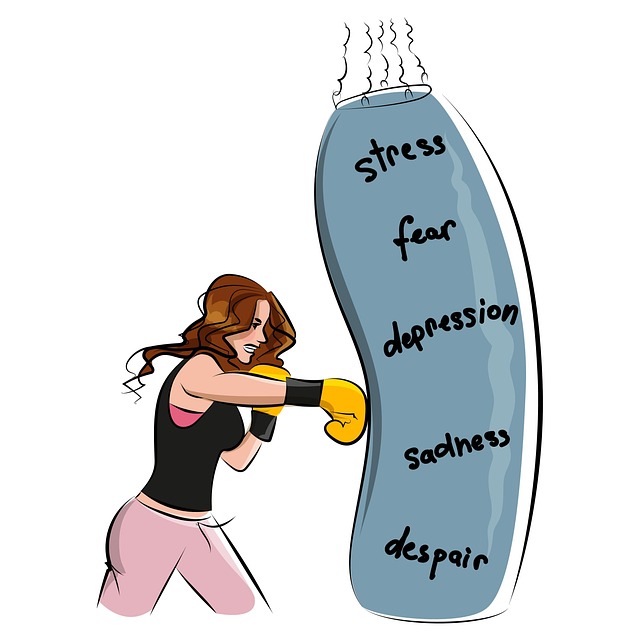Mental illness diagnosis faces challenges due to individual variations, physical-emotional-environmental factors, and cultural barriers. Westminster Somatic Experiencing (WSE) Therapy offers a holistic approach by focusing on the body's trauma responses, improving diagnostic accuracy, especially for conditions like anxiety. Combining WSE with talk therapy, risk management planning, and cultural sensitivity enhances care, particularly in diverse populations. However, challenges include lack of standardization and cultural biases; overcoming these requires provider training, public awareness, and community outreach. Integrating WSE into traditional practices can revolutionize mental health assessment, uncovering underlying causes for more comprehensive diagnoses. Continuous innovation, collaboration, and evidence-based tools are key to improving diagnosis and treatment planning while addressing healthcare provider burnout.
Mental illness diagnosis accuracy is a critical aspect of patient care, yet it remains challenging due to the complex nature of these disorders. This article explores strategies to enhance diagnostic precision, focusing on the innovative Westminster Somatic Experiencing Therapy (WSE). We delve into the complexities of mental health assessment, current approaches, and limitations. Additionally, we discuss integrating WSE into traditional diagnostics, its benefits, and implementation considerations. Future directions are also considered for continuous improvement in diagnosis and patient outcomes.
- Understanding the Challenge: The Complexities of Mental Illness Diagnosis
- Westminster Somatic Experiencing Therapy (WSE): An Innovative Approach
- Enhancing Diagnostic Accuracy: Current Strategies and Limitations
- Integrating WSE into Traditional Diagnostics: Benefits and Implementation
- Future Directions: Continuous Improvement for Better Patient Outcomes
Understanding the Challenge: The Complexities of Mental Illness Diagnosis

Mental illness diagnosis is a complex task due to the multifaceted nature of human psychology and diverse presentations of mental disorders. What works for one individual may not be effective for another, making accurate diagnosis challenging. The intricate relationship between physical health, emotional well-being, and environmental factors adds another layer of complexity. For instance, symptoms of anxiety can vary widely, from mild worry to debilitating panic attacks, making it crucial for professionals to consider the unique context of each patient.
In this regard, approaches like Westminster Somatic Experiencing Therapy (WSE) offer valuable insights. WSE therapy focuses on the body’s response to traumatic or stressful events, recognizing that mental health issues often have physical manifestations. By integrating cultural sensitivity in mental healthcare practice and incorporating risk management planning for mental health professionals, we can enhance diagnosis accuracy. These strategies not only improve patient outcomes but also ensure culturally competent care, taking into account the impact of social determinants on mental wellness, thereby achieving better Anxiety Relief.
Westminster Somatic Experiencing Therapy (WSE): An Innovative Approach

Westminster Somatic Experiencing Therapy (WSE) is an innovative approach that integrates body-oriented techniques with traditional talk therapy to address mental health conditions. This method focuses on resolving trauma and stress responses, which are often at the root of various psychological disorders. By harnessing the power of the mind-body connection, WSE aims to enhance the accuracy and effectiveness of mental illness diagnoses.
In today’s digital era, where mental wellness coaching programs are gaining popularity, WSE offers a unique advantage in risk management planning for mental health professionals. It equips practitioners with tools to facilitate emotional healing processes, ensuring more precise assessments and tailored treatments. This holistic therapy has the potential to revolutionize the way we understand and manage mental illness, making it an exciting development in the field of psychology alongside traditional methods and recent advancements in mental wellness coaching programs’ development.
Enhancing Diagnostic Accuracy: Current Strategies and Limitations

Mental health professionals are constantly striving to improve diagnostic accuracy, aiming to provide more precise and timely diagnoses for individuals seeking help. This quest is paramount, as an accurate diagnosis forms the foundation for effective treatment planning. Currently, a multifaceted approach is being employed, combining cutting-edge research with practical strategies. One such method involves integrating innovative therapy techniques, like Westminster Somatic Experiencing Therapy, which focuses on the mind-body connection to address complex trauma and its impact on mental health. This holistic approach has shown promise in enhancing diagnostic precision by considering both cognitive and physiological aspects of distress.
While these efforts are commendable, there remain challenges. Limitations include a lack of standardized tools across practices, leading to inconsistencies in assessment methods. Moreover, cultural biases in diagnostic criteria can hinder accurate evaluations, particularly when dealing with diverse patient populations. To address these issues, Healthcare Provider Cultural Competency Training, along with Public Awareness Campaigns Development and Community Outreach Program Implementation, are becoming increasingly vital. These initiatives aim to bridge the gap by fostering a more inclusive healthcare environment, where cultural sensitivity and public education play a pivotal role in improving diagnostic accuracy and, ultimately, patient outcomes.
Integrating WSE into Traditional Diagnostics: Benefits and Implementation

Integrating Westminster Somatic Experiencing (WSE) Therapy into traditional diagnostic practices offers a promising approach to enhancing mental health assessment accuracy. WSE is a therapeutic method that focuses on helping individuals process and release traumatic memories, thereby improving emotional regulation skills. By incorporating this technique, healthcare providers gain a valuable tool to uncover underlying causes of distress that may not be apparent through conventional means. This holistic approach allows for a more comprehensive understanding of an individual’s mental health status, leading to improved diagnosis and treatment planning.
The benefits are multifaceted: it enhances the sensitivity of diagnostic tools by addressing the physiological and emotional responses associated with trauma. This is particularly advantageous in cultures where there may be barriers to discussing traumatic experiences openly. Healthcare provider training in cultural competency can further optimize this integration, ensuring that diverse patient populations receive tailored care. Through dedicated training, providers learn to recognize somatic symptoms and incorporate WSE techniques into their practice, ultimately improving diagnostic accuracy and the overall quality of mental health services.
Future Directions: Continuous Improvement for Better Patient Outcomes

The pursuit of excellence in mental illness diagnosis accuracy is an ongoing journey that demands unwavering commitment to innovation and continuous improvement. As we move forward, integrating advanced therapeutic approaches like Westminster Somatic Experiencing Therapy (WSE) holds immense potential. WSE’s emphasis on bodily awareness and emotional regulation can enhance traditional diagnostic methods, leading to more nuanced understandings of mental health conditions. By fostering collaboration between healthcare professionals, researchers, and patients, we can create a holistic system that prioritizes not just accurate diagnosis but also effective treatment planning.
Future efforts should concentrate on developing evidence-based tools and resources, such as enhanced Mental Wellness Journaling Exercises and Self-Care Routine Development, to empower individuals to actively participate in their mental health management. Addressing burnout among healthcare providers is another critical aspect, as it directly impacts the quality of care delivered. By implementing strategies for Burnout Prevention, we can ensure that professionals remain engaged, empathetic, and at the pinnacle of their skills, ultimately contributing to improved patient outcomes and a more resilient mental health ecosystem.
Mental illness diagnosis accuracy, a critical aspect of patient care, continues to evolve. The article has explored challenges in this process, highlighting the complexities inherent in diagnosing mental health conditions. It introduced Westminster Somatic Experiencing (WSE) Therapy as an innovative approach that integrates body and mind, offering potential improvements over traditional methods. While current strategies have made strides, limitations persist. Integrating WSE into mainstream diagnostics shows promising benefits, paving the way for enhanced accuracy and better patient outcomes. Future research should continue to explore and refine these techniques to create a more comprehensive mental health care system.

